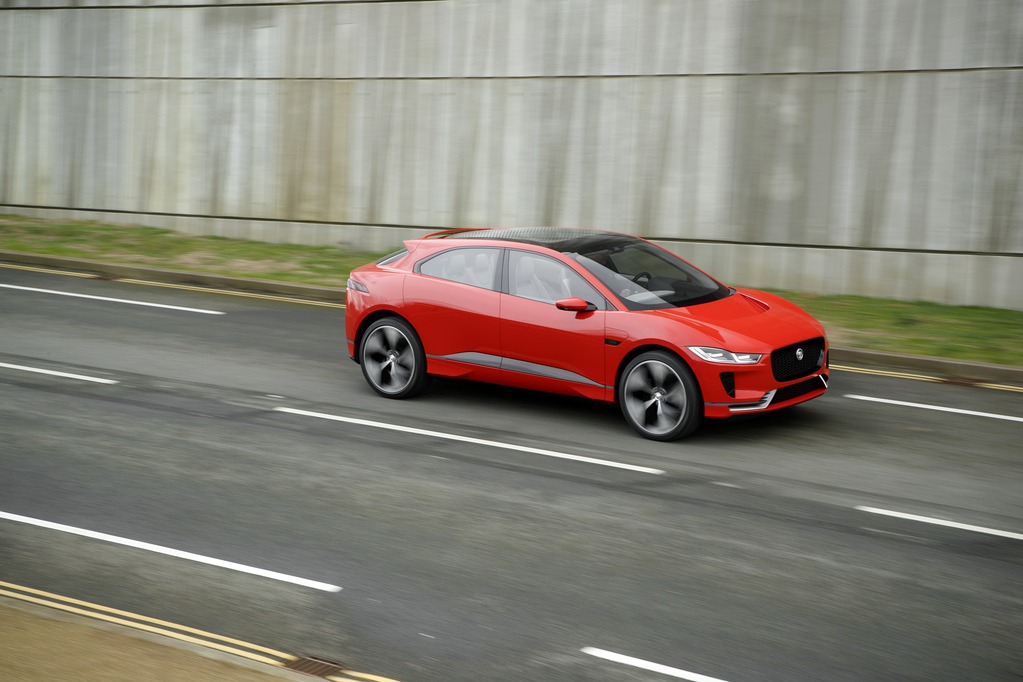British and French car firms look to beat German manufacturers to EV sales
06 December 2017

06 December 2017
While German manufacturers are working to develop electric models, Jaguar may beat them all to the showrooms as the first premium vehicle maker to offer a fully-fledged electric vehicle (EV).
The company has announced that it will unveil its production version of the I-Pace model in March 2018, saying it would go on sale ′at some time in 2018,’ without being more specific. The vehicle is currently undergoing final range and durability tests in the US.
′After 1.5 million global test miles, the I-Pace is ready for production and is proven to deliver long distances on a single charge,’ said Ian Hoban, Jaguar vehicle line director. ′Jaguar’s first battery electric vehicle will also be fast to charge; our target is a zero to 80%charge being achievable in a short break.’
The British marque’s main rivals, Audi and Porsche, are slightly behind with their EV projects. While Audi has stated it would reveal its e-tron SUV model next year, it is believed that the start of production is delayed until 2019. Meanwhile, sales of Porsche’s Mission E electric saloon model will begin at the end of 2018, after Jaguar.
Jaguar did not disclose any more details about the I-Pace. At the unveiling of the I-Pace concept in 2016, the automaker said the production car would have a range of more than 310 miles under the New European Driving Cycle test procedure The I-Pace concept used a 90kW battery.
The production I-Pace is likely to be revealed at the Geneva auto show in March, although Jaguar didn’t confirm that. It has said the production model wouldn’t differ much from the concept.
Meanwhile, in an effort to beat German manufacturers, French manufacturer PSA Group has entered a joint venture with Japanese company Nidec to design and build electric motors. The 50-50 joint venture, with an initial investment of €220 million, will have the capacity to produce 900,000 motors a year starting in 2022 at PSA plants in France. The motors will be used in mild hybrid powertrains, plug-in hybrid electric vehicles (PHEV) and full EVs across PSA’s range.
PSA currently purchases electric motors from Valeo-Siemens and Continental, but the arrangement with Nidec will give it more flexibility to adapt to changing consumer preferences and emissions regulations, as well as manage production capacity, said Patrice Lucas, PSA’s executive vice president for strategy.
′Right now, we are in a ′buy’ position,’ Lucas said to Automotive News Europe. ′This will allow us to be fully flexible to meet emissions and customer demand in every market.’
Under PSA’s Push to Pass midterm strategy, 80% of the company’s main models will be electrified by 2023, starting in 2019 with plug-in hybrids in the compact and midsize segments and full-electric cars in the subcompact and compact segments.
Photograph courtesy of Jaguar